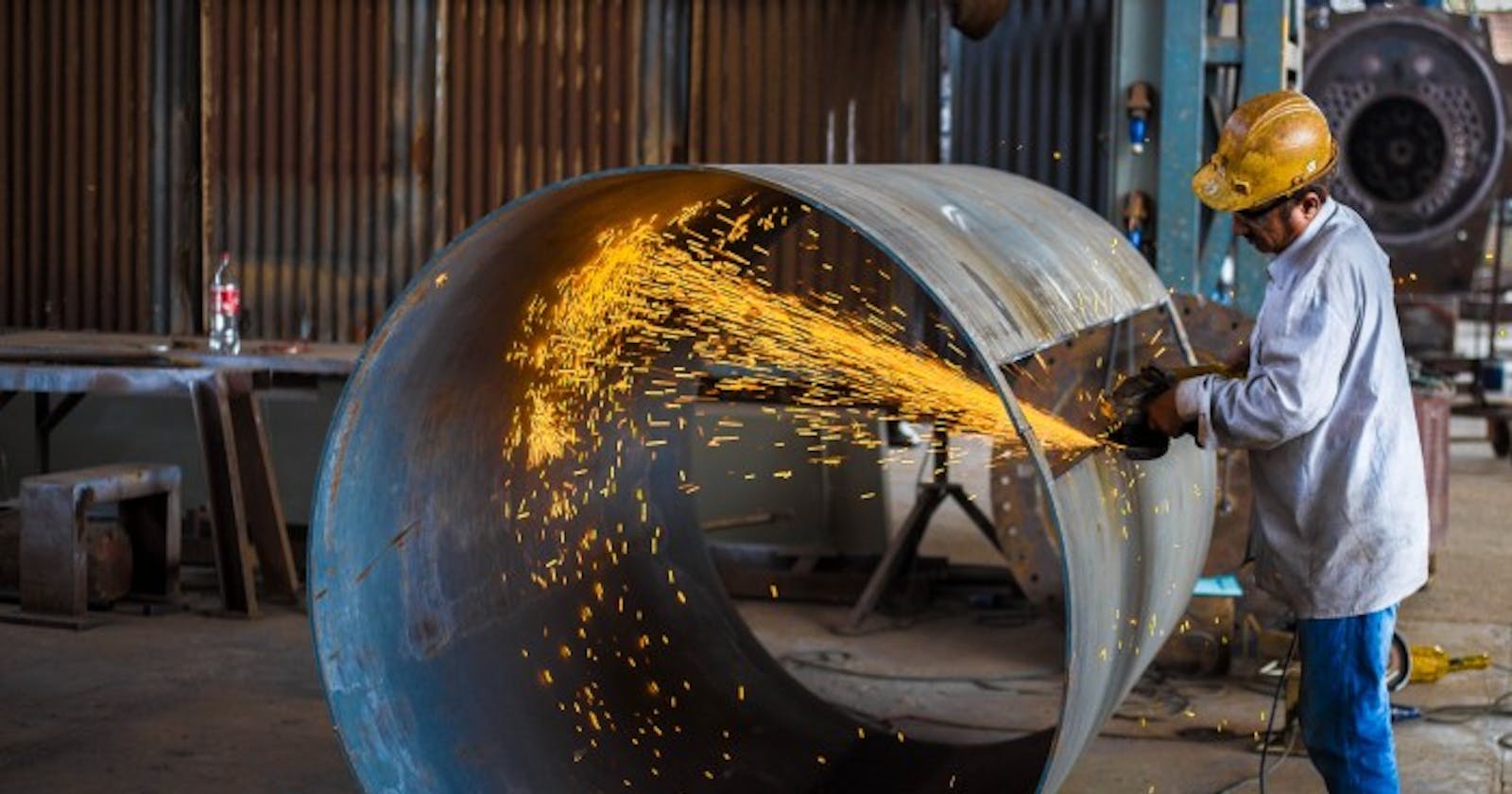Are you interested in the Fabrication Course Melbourne? Wonderful! If you are a beginner, the basics of this course would be critical. Don’t worry, a path to a dream career would never be a bed of roses. You will definitely step into thrones when you start, later that pain will take you directly to your dream that you will cherish forever.
Hope, this has motivated you. With this boost, are you ready to know what’s Fabrication course from scratch? You are exactly at the right blog stop to start from scratch. In this blog, you will learn more about fabrication, essentials, materials, tools, etc.
Take your notepad, and pen, and start taking notes. Let’s start!
Fabrication Course: What’s It?
Fabrication Course Melbourne includes a wide variety of approaches, such as cutting, bending, welding, and assembling. Cutting involves splitting materials into favored shapes with the use of gadgets like saws, shears, or laser cutters. Bending is the method of shaping substances, regularly the use of machines like press brakes or rollers. Welding joins substances together using heat and pressure, with strategies including arc welding or gasoline welding. Assembling includes setting collectively fabricated components to create finished products, requiring precision and attention to elements.
Exploring Fabrication Materials:
Fabricators work with numerous substances like metallic, aluminum, plastics, wood, and composites. Each material has its particular properties and characteristics, influencing fabrication techniques and strategy. Metals provide power and strength, making them suitable for structural applications, at the same time plastics are lightweight and versatile, best for modeling and production. Wood presents warmth and aesthetic attraction, frequently utilized in furnishings and architectural factors. Composites integrate one-of-a-kind materials to gain specific performance necessities, inclusive of electricity-to-weight ratio or corrosion resistance.
Safety Practices In Fabrication:
Safety is essential in the Metal Fabrication Course Melbourne, given the inherent risks related to working with tools, machinery, and materials. Fabricators need strict protection protocols and techniques to prevent accidents and accidents. This includes appropriate personal shielding equipment (PPE) inclusive of gloves, safety glasses, and hearing protection. Fabrication workshops should be nicely ventilated and well-lit, with clean signs and unique work regions. Regular device renovation and inspections assist make sure safe operation, while training programs educate fabricators on the right utilization and dealing with equipment and systems.
Quality Control And Inspection:
Quality management is important in fabrication to make sure that finished products meet specific standards and necessities. Fabricators conduct thorough inspections at some point in the fabrication system, from uncooked substances to final assembly, to identify any defects or deviations. This may additionally contain dimensional checks, visible inspections, and non-negative trying-out strategies inclusive of ultrasonic checking out or dye penetrant inspection. Quality management needs help in maintaining product integrity, reliability, and overall performance, ultimately improving pleasure and lowering transform or assurance claims.
Industry Standards And Regulations:
Fabrication Course Melbourne utilizes a great variety of equipment and machines to perform fabrication techniques effectively. Hand devices like saws, drills, and grinders are vital for slicing, shaping, and completing materials. It is ruled using enterprise standards and regulations that ensure protection, exceptional, and compliance with relevant codes and necessities. Fabricators need to live informed approximately relevant requirements and regulations applicable to their precise industry sectors, which include construction, production, or aerospace. Adhering to industry standards and guidelines demonstrates a dedication to excellence and facilitates construction agreements with customers and stakeholders.
